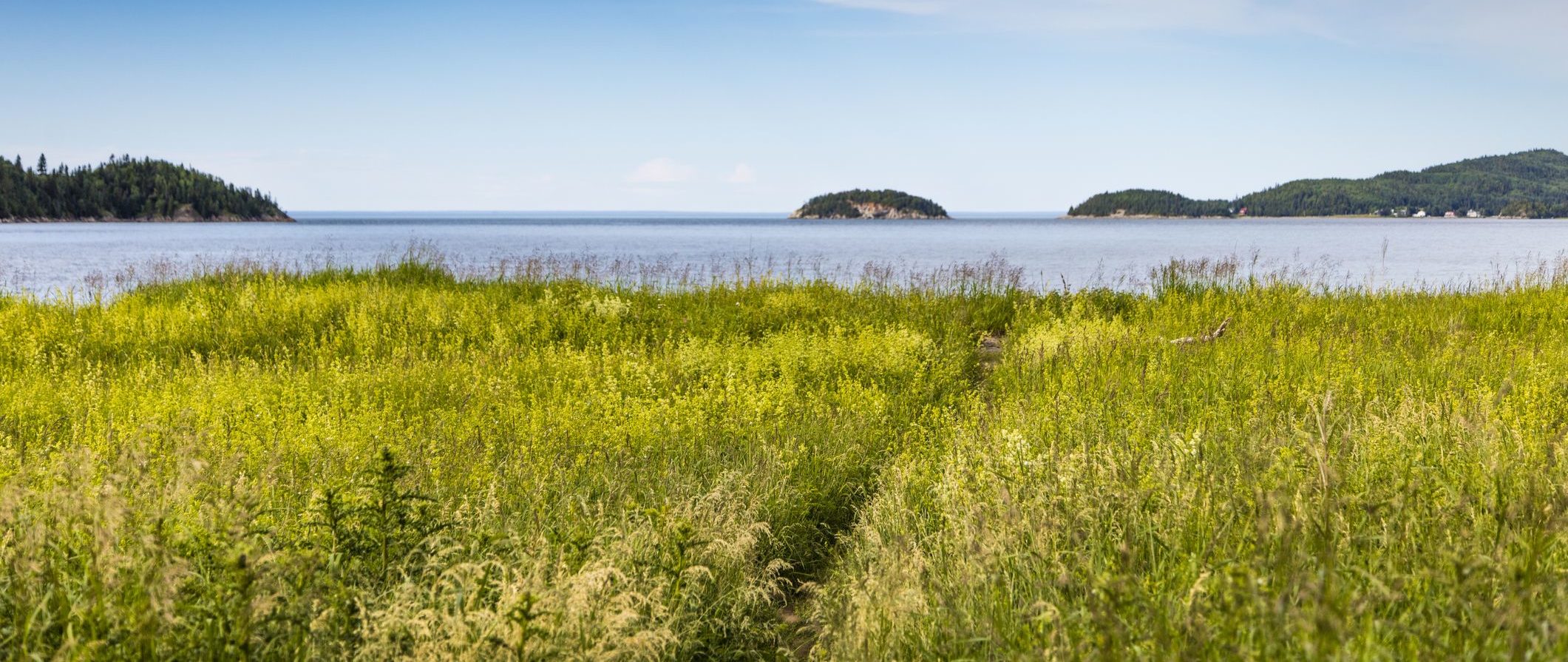On Friday, an independent panel with experts from across the Canadian portion of the Great Lakes and along the St. Lawrence River held its first meeting.
The meeting signaled the launch of an 18-month process to develop recommendations for all governments to safeguard Canada’s greatest reserve of freshwater and the St. Lawrence River estuary.
The expert panel will be co-chaired by two former provincial environmental commissioners of Ontario and Quebec respectively, Gord Miller and Jean Cinq-Mars. The independent panel will be advised by Indigenous organisations, stakeholders representing a cross section of industrial, agricultural, maritime, municipal, recreational, fishery and environmental interests, and other academic and scientific experts.
“The Great Lakes, though grand in scale, are sensitive inland aquatic ecosystems. We will work with all those who depend on the lakes to find ways to better care for them,” said Miller.
Environment and Climate Change Canada is providing $400,000 to fund the initiative. The outcome of the process will be a Collaborative Strategy for the Great Lakes and St. Lawrence River, proposing new and innovative approaches to protection efforts and better alignment of government science, programs and investments.
“The St. Lawrence is part of the heritage and fabric of Quebec society. By finding solutions to the most pressing threats to this vital artery we will be better prepared for the future,” said Cinq-Mars.
The recommendations will be submitted to Catherine McKenna, Minister of Environment and Climate Change, and shared with provincial counterparts, Indigenous and municipal leaders, and the broader community in the Region.
The Collaborative Strategy, which has been championed and organized by the Council of the Great Lakes Region, the Great Lakes and St. Lawrence Cities Initiative, Freshwater Future Canada, Strategies Saint Laurent, and Great Lakes Fishery Commission, will focus on four key challenges:
- Climate change
- Toxics and other harmful pollutants
- Nutrients
- Beaches and bacteriological contaminants
The Strategy will proceed in two phases, beginning first with the Great Lakes and then concluding with the St. Lawrence River.
The co-chairs will be joined by the following individuals on the panel:
- Anishinabek Nation Regional Deputy Grand Council Chief Edward Wawia
- Catharines (ON) Mayor Walter Sendzik
- Denis Lapointe, former Mayor of Salaberry-de-Valleyfield
- Theresa McClenaghan, executive director of the Canadian Environmental Law Association
- Denise Cloutier, executive director, C.I.EAU.
- Karen Clarke-Whistler, former chief environment officer, TD Bank Group
- Hélène Lauzon, president Conseil Patronal de l’environnement du Québec Professor
- Bob Slater, University of Carleton
- Adriane Plourde, director, l’Institut des sciences de la mer de Rimouski
For more information on the Great Lakes St. Lawrence Collaborative, including a full list of Expert Panel members and Issue Table co-chairs, please go to: www.westbrookpa.com/glslcollab/












